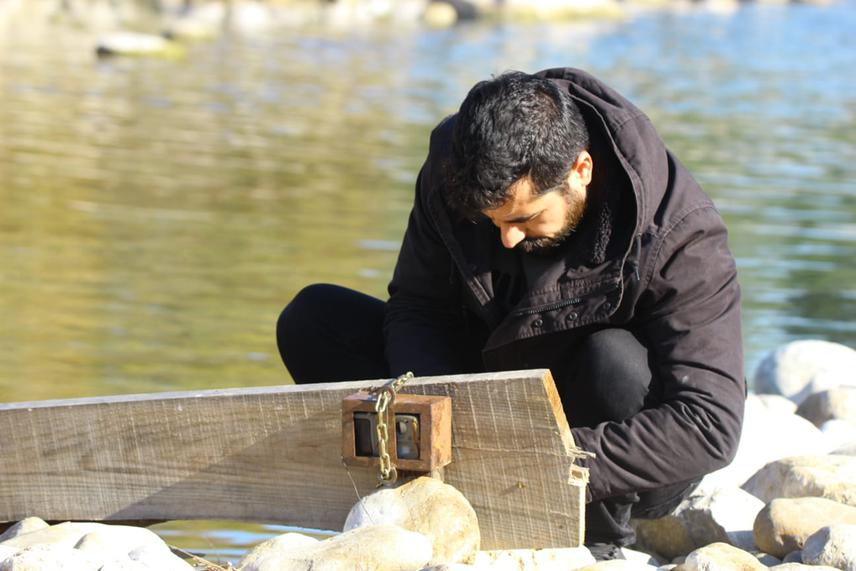Bedirhan Eker
Eurasian otters (Lutra lutra L. 1758) are semi-aquatic members of the Mustelidae family. It is one of the carnivores at the top of the food chain in the aquatic ecosystem. Since otters are indicator species in a healthy ecosystem, it is essential to carry out biological and ecological studies and conservation studies using the data obtained as a result of research. Due to the limited number of studies on otters in Turkey, it is not easy to obtain sufficient data. In general, pollution and the destruction of their habitats are among the factors that negatively affect otters. Due to the recent increase in population, the rapid urbanization and the polluting of the river water by the wastes resulting from industrial activities, the narrowing of the areas around the river, excessive and illegal hunting activities have adversely affected the spread of otter populations. Turkey, lives in most of the Asian and European continents and in the north of the African continent.

The importance of the Eurasian otter, which is listed as 'NT' on the IUCN red list, should be emphasized and awareness should be raised among local people about the ecological importance of the species. Making local people aware of the species will help their populations survive and protect their habitats. If this project is carried out successfully, the project will have far-reaching and long-term results, as the awareness and new conservation models to be created on the otter will also include the conservation of the biodiversity of wetlands. Another aim is to reveal the status of the Eurasian otter population and their residential areas and share them with the DKMP. Investigating the causes of death of otters, accelerating the conservation work in and around the project area, researching the prey pressure on these creatures and preparing a management plan. The increase in scientific studies on the species and the support of this project to new research.